Malaysia
Malaysian firm helps develop Vietnam's wind energy sector
Malaysian firm helps develop Vietnam's wind energy sector
Timar Wind Solar Energy Malaysia will invest US$800 million in development of new renewable energy technology in Ninh Thuan.
Cheap energy makes Sabah, Sarawak favourable: investor
The abundance of cheap energy as well as the availability of land and improved infrastructure have made Sabah and Sarawak favourable for investment.
TNB earmarks $3.1B for increased generating capacity
Tenaga Nasional Bhd will spend about RM9.7 billion or US$3.1 billion in the next five years to increase electricity generating capacity in Malaysia.
Indonesia's Coal Move Might Increase Power Production Cost
Malaysia's power sector will not face a crisis if Indonesia's proposal to impose a 25 per cent export tax on coal and base metals this year comes into effect.
TNB allocates $16.3M to meet West Kuala Lumpur electricity needs
TNB allocated US$16.3 million or RM50 million for 150 development projects to meet demand for electricity supply in West Kuala Lumpur.
Malaysia's TNB to utilize waste energy
Tenaga Nasional Bhd will purchase energy generated from municipal solid waste .
Penang parries radioactive allegations vs Bosch solar panel plant
The Penang government insists that the Bosch solar panel plant planned for Batu Kawan is safe and free from radioactive waste.
xMinistry Mulls Including Wind, Thermal Energy Into Re Mix Energy Fit System
he Energy, Green Technology and Water Ministry is considering including wind and thermal energy into the renewable energy mix of feed-in-tariff (FIT) system.
Malaysia's TNB to buy solar energy from ex-landfill site
Cypark will start selling electricity from its solar farm to Tenaga Nasional Berhad on March 28.
Nine bidders shortlisted for Prai power project
Malaysia's Energy Commission shortlisted nine consortia and sole bidders in the tender process for the Prai combined-cycle gas turbine power project.
Malaysia looks at Indian hydro power projects
Malaysia is showing increasing interest in investing in hydro-electric power projects in India.
Malaysia's TNB to get more profits under govt reform initiatives
Malaysia's Tenaga Nasional Bhd could add up to 30% in core net profits in fiscal period ending Aug 31, 2013 due to government reform initiatives.
Sabah to build, upgrade two power substations
Two Distribution Main Intake substations wi be buit and upgraded in Sabah to overcome shortage of electricity supply to residents.
Malaysian govt firm buys Tanjong Energy for $2.8B
1Malaysia Development Bhd had acquired Tanjong Energy for US$2.81 billion.
RHB Group To Part Finance Coal-Fired Power Plant In Johor
RHB Bank and RHB Investment Bank will jointly raise RM1.38 billion to part finance the development, construction and operation of a new coal-fired power plant in Tanjung Bin, Johor. The 1,000 Megawatt power plant, which requires total financing of more than RM6.0 billion, is managed by Tanjung Bin Energy Issuer Bhd, a subsidiary of Malakoff Corporation Bhd. Malaysia's energy demand is projected to grow at 3.4 per cent, annually, given the large number of big-scale infrastructure and construction projects proposed under the 10th Malaysia Plan, said RHB in a statement today. It said with the addition of the coal-fired power plant in Tanjung Bin to the grid, along with the inclusion of other power plants that are due soon, electricity reserve margin was expected to be maintained at an acceptable level. "We are proud of the RHB Banking Group's ability to assist Malakoff in the financing of such an esteemed project that is of national significance," RHB Bank Corporate Banking Division director Mike Chan was quoted as saying in the statement.
Malaysian tycoon draws 12 bids for $3B power asset sale
Malaysian tycoon Ananda Krishnan's sale of over $3 billion worth of power assets has attracted 12 initial bids with a final round of bidding expected by end of March.
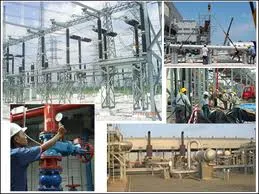

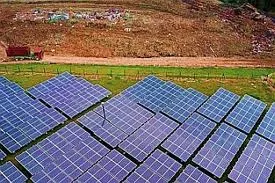
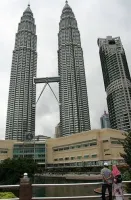
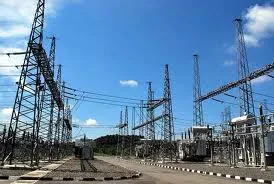
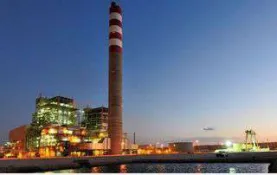


 Advertise
Advertise















